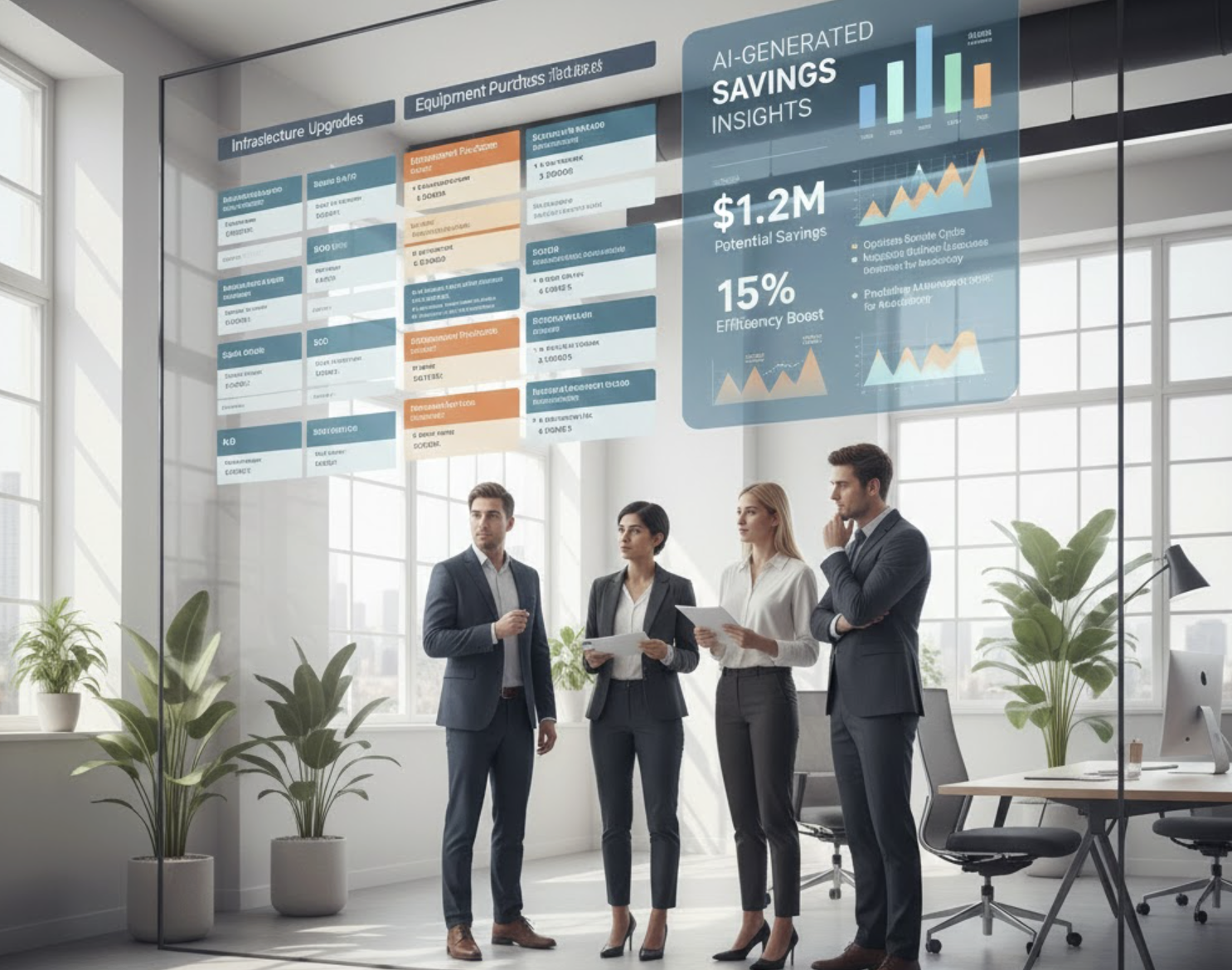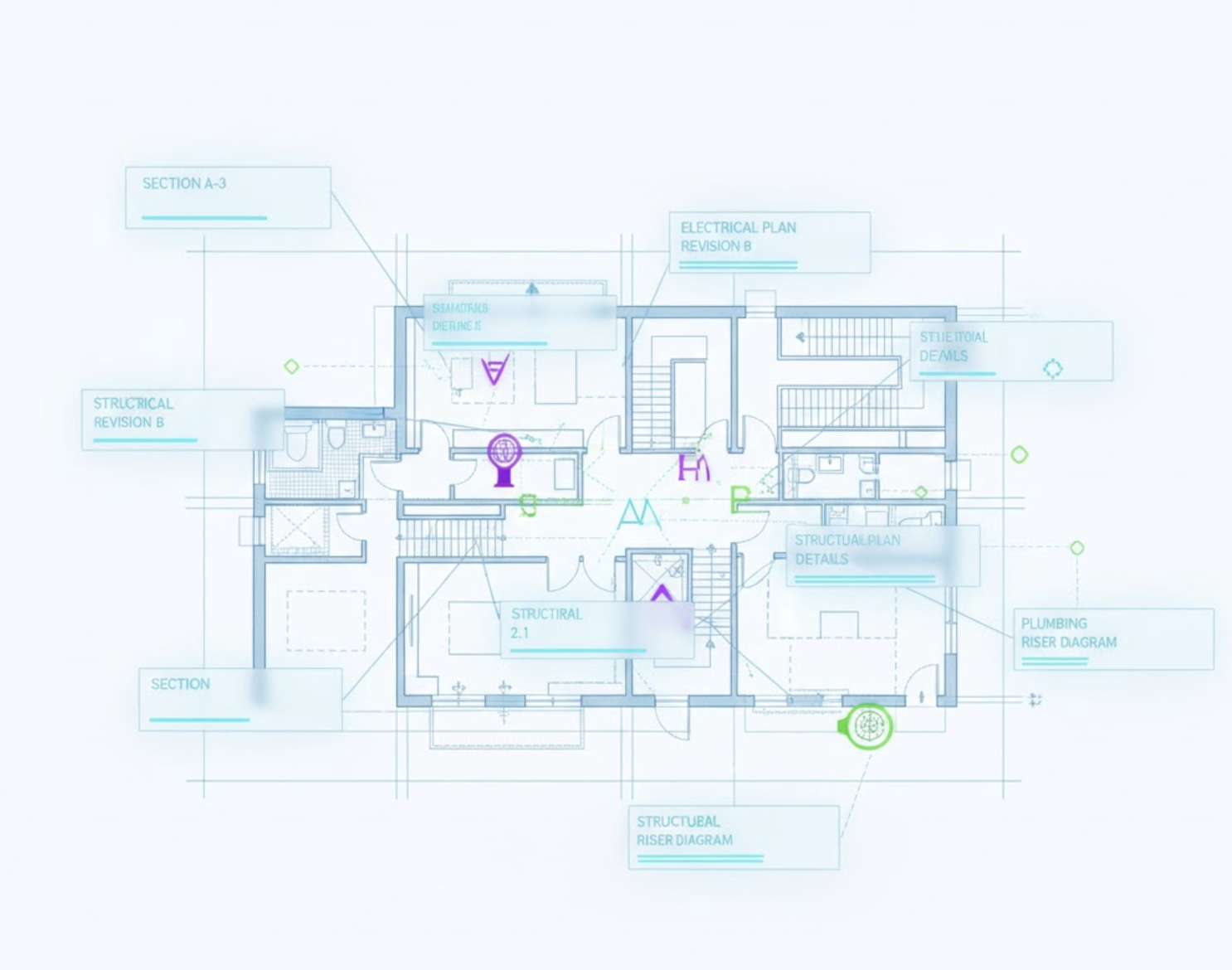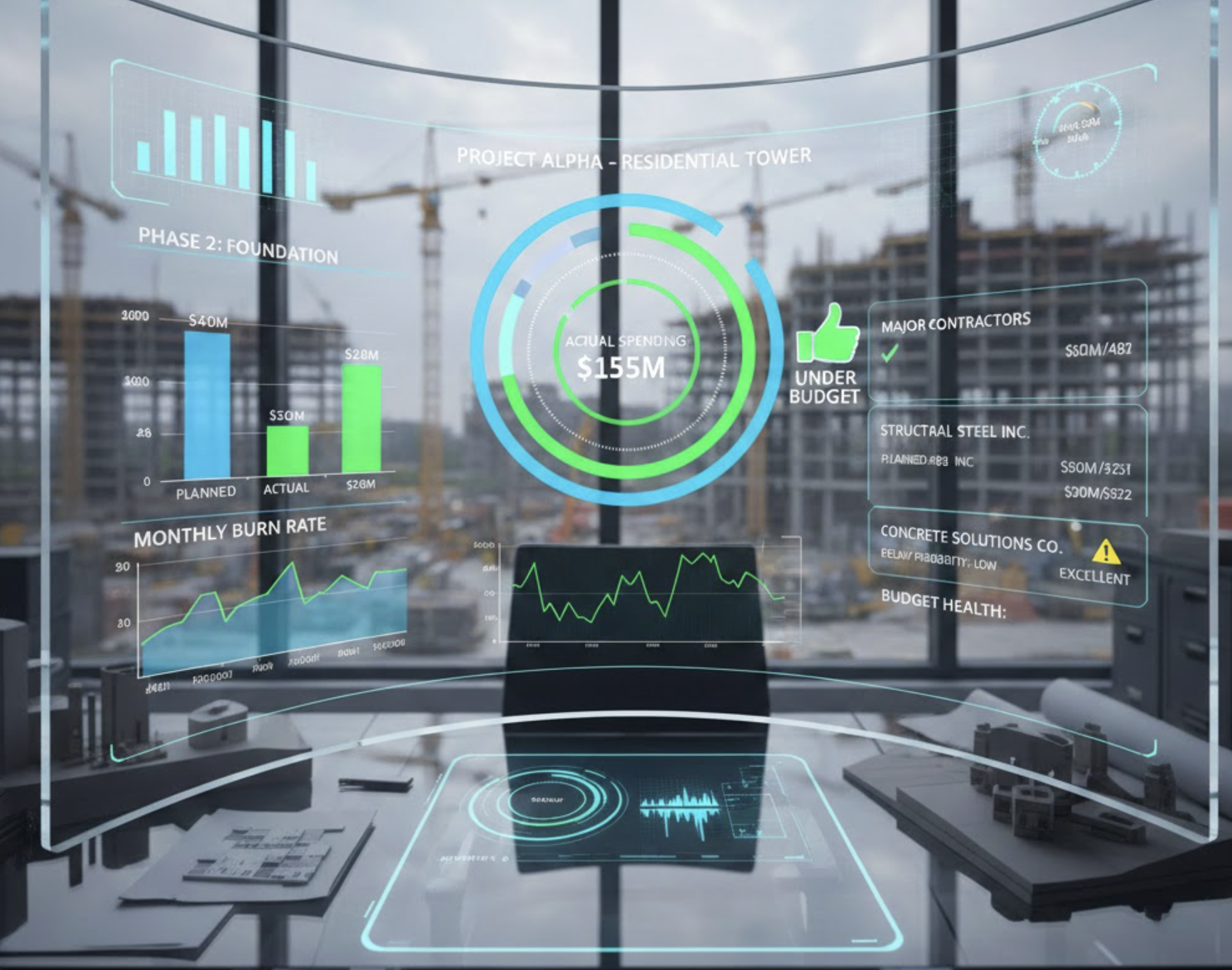Tender Tracker Demo: How to Evaluate Bids 70% Faster with Zepth
Tender evaluation is a critical step in the procurement process for construction projects, where project owners or general contractors assess, score, and select the most suitable bids from vendors or subcontractors. Traditionally, this process has been riddled with challenges, including time-consuming workflows, manual errors, and delays that can escalate financial risk and overhead costs. However, with the introduction of construction project management software like Zepth, organizations can revolutionize bid review workflows, enhancing speed, transparency, and accuracy significantly.
Key Concepts in Tender Evaluation
Tender evaluation is not just about choosing the lowest bidder; it involves a thorough analysis of various factors that contribute to the project’s success. Traditional evaluation methods can lead to increased overhead, financial risks, and missed opportunities due to delays. Digital transformation, particularly the integration of AI in construction, empowers teams to streamline their tender evaluation process. With the right tools, such as Zepth’s Document Management, organizations can take control of their tender processes and ensure that they are making informed decisions based on real-time data.
How Zepth Automates and Accelerates Tender Evaluation
Zepth provides a centralized platform that simplifies the tender evaluation process, enabling organizations to manage their bids efficiently. Here’s how Zepth transforms the traditional evaluation approach:
- Centralized Bid Management: With Zepth, all tender documents, communications, and decisions are stored in one accessible location, ensuring a single source of truth for all participants.
- Automated Compliance & Document Control: Zepth reduces reliance on manual paperwork through automatic version tracking, secure access controls, and robust audit trails, ensuring bidders always refer to the latest documents.
- AI-Powered Bid Comparison & Scoring: The AI Tender Tracker within Zepth allows evaluators to quickly compare, score, and rank bids based on custom criteria, taking into account price, technical merits, and qualitative factors.
- Collaboration & Workflow Automation: Teams can collaborate in real time, discussing reviews and approvals via cloud-based tools, effectively eliminating delays caused by email exchanges.
- Audit Trails & Compliance: Every action taken during the evaluation process is documented, providing clarity and accountability to strengthen compliance and governance.
- Risk Identification & Analytics: Automated risk assessments highlight problematic bids early, enabling teams to focus on more qualified vendors, while analytics dashboards offer insights into performance metrics.
- Seamless Integration: Winning bids can transition directly into project management modules within Zepth, ensuring a smooth initiation and execution of projects.
Impact: Evaluating Bids Up to 70% Faster
Organizations leveraging Zepth’s automated tender evaluation platform report a remarkable speed increase, with evaluation times reduced by up to 70% compared to traditional methods. This efficiency is attained through:
- The elimination of redundant manual document handling, which typically slows down the process.
- Streamlined communication channels that reduce time lost to internal coordination.
- Rapid AI-driven comparisons that quickly identify both opportunities and potential risks in real-time.
Relevant Statistics & Industry Impact
The consequences of delayed bid evaluations can be significant. Increased overhead, inflated project scopes, and rising financing costs can damage a company’s reputation and bottom line. Platforms like Zepth are designed to mitigate these hidden costs by promoting transparency and accountability, thereby facilitating faster execution. The growing industry trend toward automation underscores the need for construction companies to adopt AI tools for construction to stay competitive. Best-practice organizations are increasingly utilizing customizable templates and automated scorecards to ensure consistency and compliance across projects.
Use Cases & Zepth Best Practices
Zepth’s platform is ideal for complex projects that require multi-stakeholder reviews or cross-portfolio insights. The ability to benchmark vendor performance across multiple projects optimizes future tendering strategies. Here are a few best practices for using Zepth effectively:
- Ensure that data inputs are of high quality and structured correctly for optimal AI operations.
- Employ experienced human experts to supervise AI outcomes, particularly in high-value or complex procurements.
- Utilize Zepth’s customizable workflows to align evaluations with company-specific governance and compliance needs.
Emerging Innovations
As technology continues to evolve, innovations like AI-assisted tender analysis and integrated cost and risk assessments are becoming more common. Predictions of bid risks and historical-based recommendation systems enhance decision-making processes. Moreover, joining IoT and BIM data with tender evaluations greatly refines cost forecasting and resource allocation, thus ensuring smoother project execution.
How Zepth Uniquely Supports Construction Management
As a comprehensive solution, Zepth supports the entire construction lifecycle—from tendering and bid evaluation to project delivery and financial controls. This cloud-based, scalable platform accommodates projects of various sizes while ensuring audit-readiness and compliance through automated documentation. With real-time analytics and customizable dashboards, Zepth equips decision-makers with the insights they need for smarter project execution.
To discover more about how Zepth can streamline your tender evaluation processes, consider our Request a Demo option for a firsthand experience of the capabilities offered by our Tender Tracker.
Caveats & Limitations
While Zepth offers transformative capabilities, certain factors should be considered. The effectiveness of automated tender evaluations is significantly influenced by the quality of the data entering the system. Organizations must also ensure that AI tools are used to supplement human judgment rather than replace it, especially for complex bids that require nuanced understanding. Finally, managing integration with legacy systems is critical to avoid workflow disruptions during the transition to the Zepth platform.
In conclusion, Zepth’s Tender Tracker is revolutionizing the tender evaluation landscape through advanced AI-driven solutions, centralizing bid management, and enabling real-time collaboration. By adopting this construction project management software, organizations can not only accelerate their evaluation processes but also minimize risks and improve overall project outcomes.




